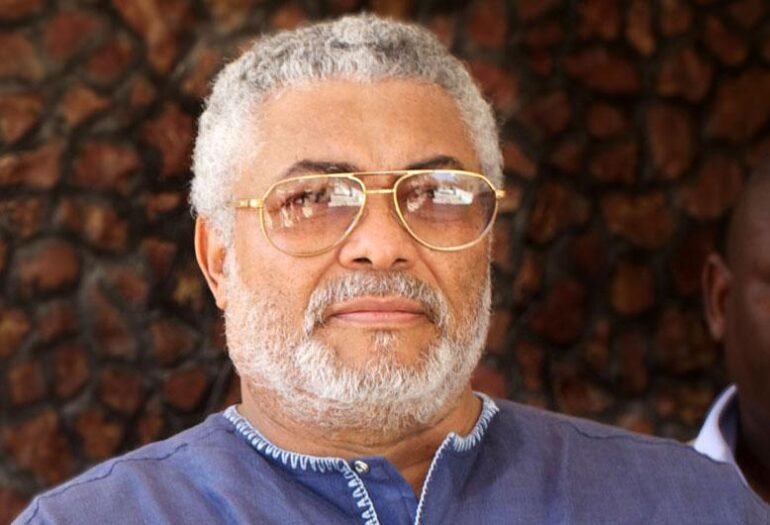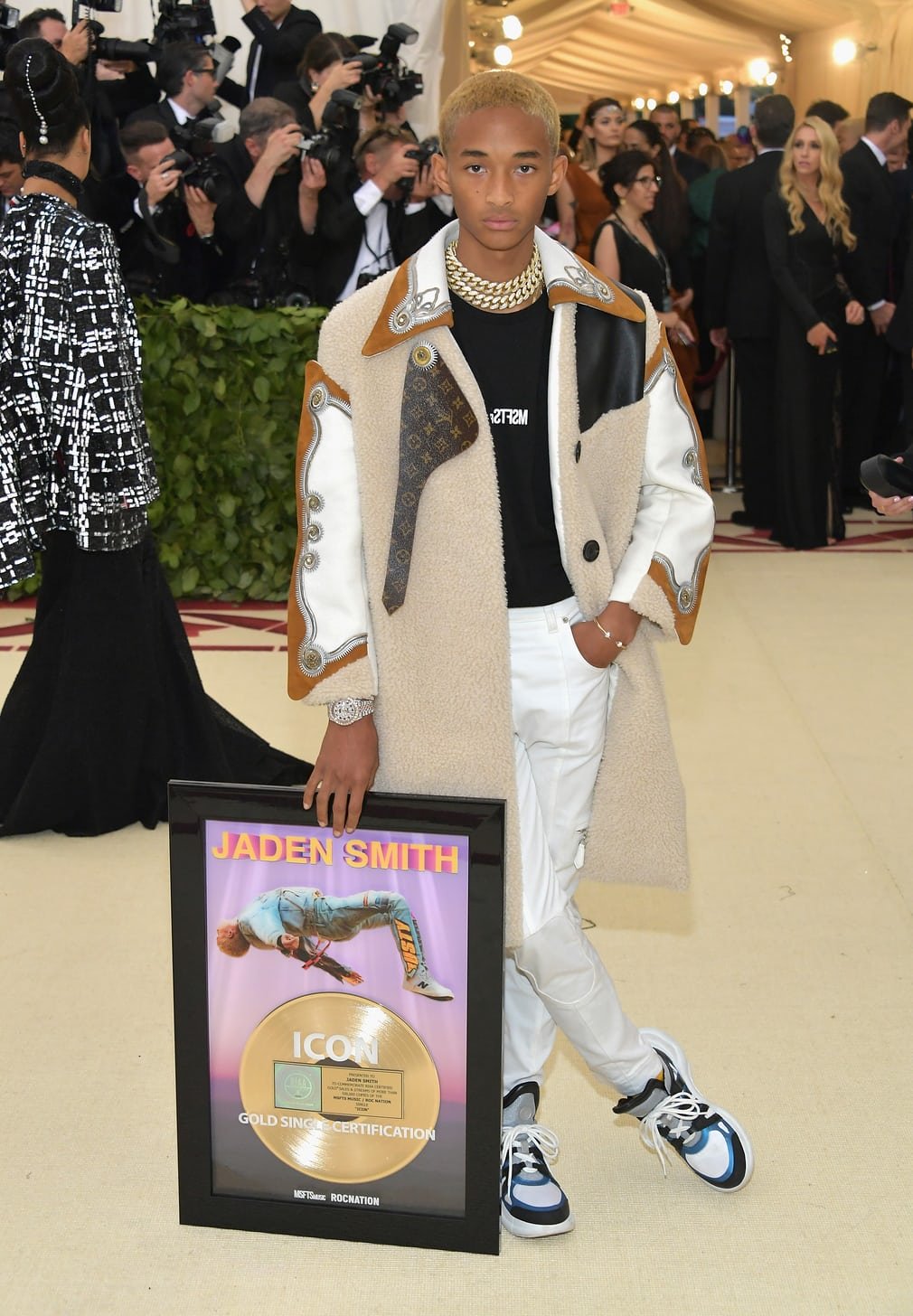Africa has faced numerous challenges over the years, ranging from political instability, economic crises, social unrest, and many more. Despite these difficulties, some African leaders have risen to the occasion and tackled seemingly impossible challenges head-on.
These leaders have demonstrated extraordinary leadership skills, resilience, and determination in the face of daunting circumstances, leaving a lasting impact on their countries and the continent as a whole. Let’s take a look at five African Presidents who fought some of these challenges.
Jerry John Rawlings -Tackled Ghana’s Economic Stagnation
Jerry Rawlings was dissatisfied with Ghana’s economic stagnancy birthed from its dependence on pre-colonial powers. When he took over power, he established the Economic Recovery Programme (ERP) suggested by the World Bank and the International Monetary Fund in 1982. The policies implemented caused a dramatic currency devaluation, the removal of price controls, and social-service subsidies which favored farmers over urban workers, the privatisation of some state-owned enterprises, and restraints on government spending.
Rawlings also privatised Ghana’s nationalised industries, including its vitally important coffee and cocoa plantations. His reforms led the country towards a strong economic recovery and gave him a landslide victory in the 1992 presidential elections. Rawlings also gave Ghana’s international image an uplift by contributing many of its troops to UN peacekeeping operations, most notably in Liberia, Sierra Leone, Lebanon and Iraq.
Paul Kagame -Rebuilt Rwanda’s economy
Paul Kagame took office in the aftermath of the 1994 Rwandan genocide, which claimed the lives of an estimated 800,000 people. With a belief that Rwanda can emulate the economic development of Singapore, Kagame has introduced policies focused on liberalising the economy, reducing red tape for businesses and transforming the country from an agricultural to a knowledge-based economy.
Kagame who is the current president of Rwanda has commenced the national Vision 2050 Policy, targeted at making Rwanda become an upper-middle income country by 2035, and a high-income country by 2050. Under his leadership, Rwanda has ranked as been ranked by Transparency International ranked as the eighth cleanest out of 47 countries in Sub-Saharan Africa and sixty-sixth cleanest out of 178 in the world because of its low level of corruption.
Ellen Johnson Sirleaf – Cleared Liberia’s national debt
Sirleaf led the country to participate in the Heavily Indebted Poor Countries initiative in 2008. After two years, it reached the completion point of the HIPC initiative and qualified for relief from its entire external debt.
Uhuru Kenyatta -Cracked corruption in Kenya
Uhuru Kenyatta who aggressively fought corruption in Kenya maintained that no one was immune from corruption charges in Kenya. Uhuru also did not spare his brother as he told them to charge him if he was found guilty of importing contraband sugar. He arrested the chairman of the National Land Commission, Mohammed Abdalla Swazuri, and managing director of the Kenya Railways Corporation, Atanas Kariuki Maina, and 16 others for corruption charges involving land allocation for the $3 billion flagship Nairobi-Mombasa railway.
He also arrested Kenya’s finance minister, Henry Rotich, and Nairobi Governor Mike Sonko for corruption charges. He imprisoned officials like Joe Sang, the CEO of the Kenya Pipeline Company (KPC), with four other senior officials in connection with the loss of an unspecified amount of money during the construction of an oil jetty in the western city of Kisumu.
Julius Nyerere –Peaceful Tanzania
Nyerere was the first president of Tanzania, serving from 1961 to 1985. The highlight of his 24-year leadership is the peaceful union of Tanganyika and neighbouring Zanzibar into Tanzania. He achieved this by instilling a sense of national pride among Tanzania’s diverse tribes. Also, his commitment to remaking Tanzania into a self-sufficient egalitarian socialist society based on cooperative agriculture is worthy of note.
Furthermore, Nyerere promoted development by introducing free and universal education. This greatly raised the nation’s literacy rate, and vastly improved health care for the majority of the population.



